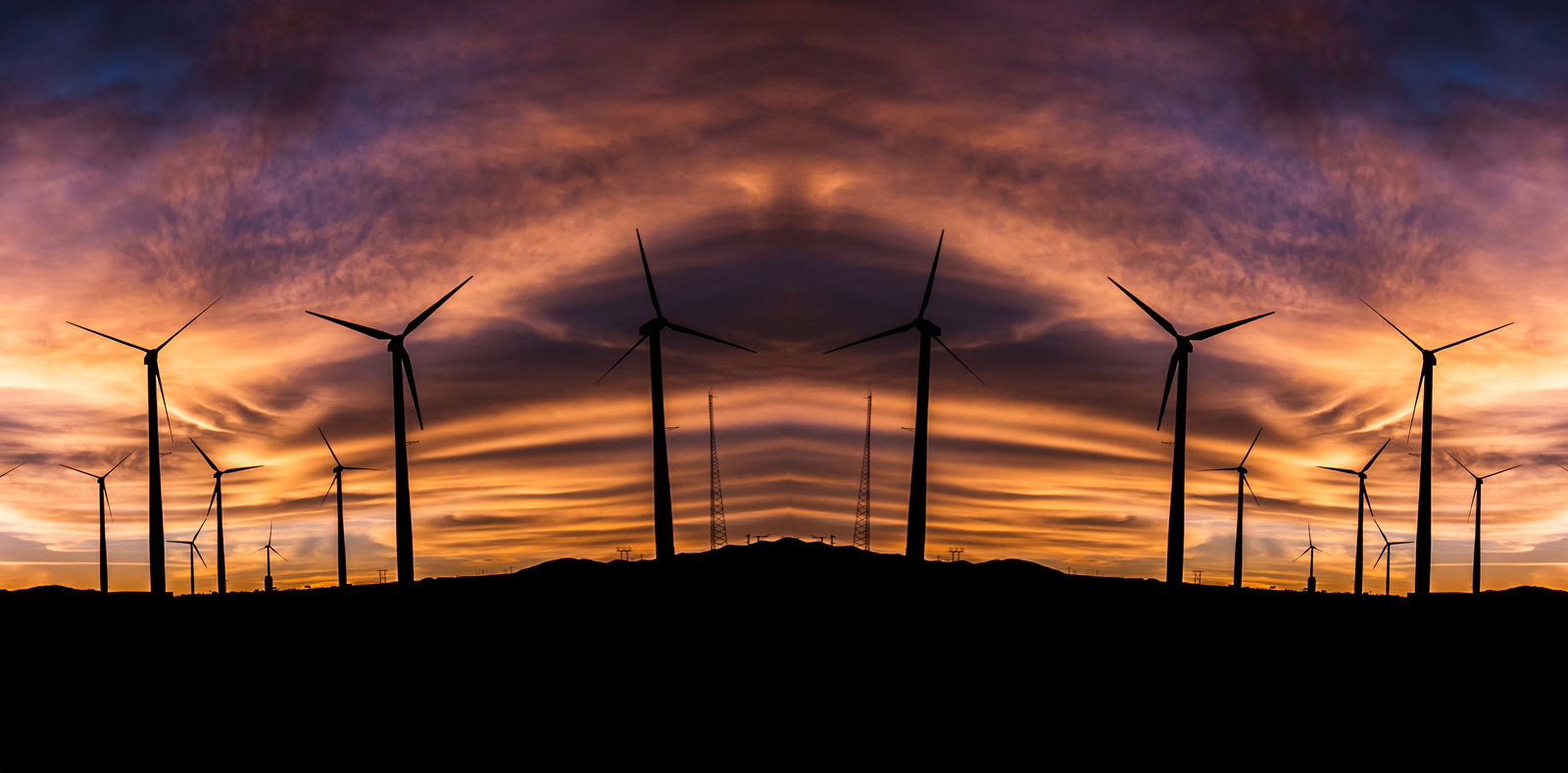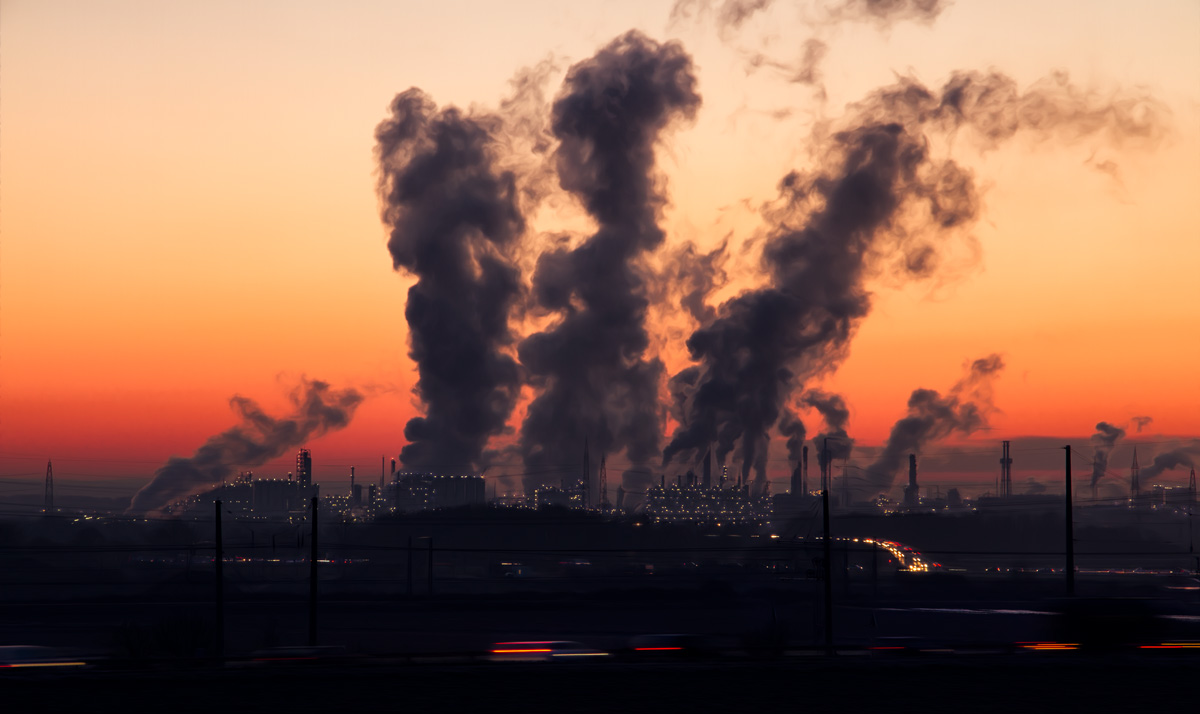
Literally Trillions are Staked on a Carbon Nightmare Future
Saudi Aramco is Saudi Arabia’s largest national oil company and one of the wealthiest, if not the wealthiest, corporations in the world. On Sunday, November 30th, 2019, Saudi Arabia’s Capital Market Authority stated that Aramco is going to be turned into a publically traded corporation and start making initial public offers of 1 to 3 percent of its shares sometime in December.
Saudi Arabian Crown Prince Mohammed bin Salman initially boasted the Aramco’s worth at $2 trillion. Further research, however, deems the valuation somewhere between $1.3 and 1.7 trillion. Nevertheless, these enormous figures—mixed with the projected IPO of $8.53 per share—still make Aramco more fiscally valuable than Apple or Microsoft.
Putting Aramco in the public sector is a huge move for Saudi Ariabia’s economy and is inextricably linked to the Crown Prince’s “Vision 2030” socioeconomic reform plan for the kingdom. It will make oil a larger money-maker than it already is for the nation by attracting additional foreign investors and combatting the shift towards alternative energy sources.
At the same time, though, this move is not the most environmentally progressive, and although it creates a short-term economic boost for the country, it may not be sustainable in the long run.
Right now the world is trying desperately to reform its energy practices and emissions standards. The 2015 Paris Climate Accord outlined bold plans to address the global climate crisis and currently, the UN Climate Conference in Madrid is working on updating and evaluating those goals. A big part of these initiatives puts focus on transferring global energy away from fossil fuel burning and towards cleaner and more renewable sources and methods.
While Saudi Arabia has made some investments in alternative energy sources, it remains overwhelmingly focused on oil—its most profitable commodity. The nation’s slight investments in solar power are dwarfed compared to its ongoing oil extraction. Then, even when the country does employ solar energy, it often uses it to fund or power oil wells and refineries.
When asked about Aramco’s response to the Paris Climate Accord, the company’s Chief Executive Amin Nasser practically laughed it off, boasting that with all other parts of the world being held to stringent energy conditions, Aramco would easily become the global leader in gas.
Not a Question of When but rather How Fast can the World Switch off the Oil Pumps?
The corporation should not be so quick to celebrate, though. While the planet still has a long way to go when it comes to environmental protection and security, more investors are turning away from oil and starting to consider alternatives. With the scarcity and conflict surrounding the resource, oil is becoming less reliable. The recent surge in electric vehicle adoption is just one example of alternative energy sources affecting the oil economy.
Nasser responded to this observation by calling it a “crisis of perception” facing oil firms. Cynically, he explains that ideas of oil going away anytime soon is a highly exaggerated theory, and that fossil fuels remain the most secure form of energy.
Perhaps this is the case for now. But if big oil continues to pump the Earth without regard for ecological fragility, then there will eventually be nothing “secure” about the practice at all, and economic influence will mean quite little in the face of Armageddon. All humans will be affected, not just the “green” ones.
Even in less dramatic terms, studies suggest that “Peak Oil” will arrive at some point in the next twenty-five years. When this happens, it will severely hurt Aramco’s prices, as demand will go down and investors will have a greater economic incentive to move on from oil. The company will not seem so high and mighty when that happens. Geopolitical dangers will almost certainly rise.
All of this is not even to mention the socio-political risks that come with investing in Aramco. Environmental issues aside, Aramco still faces international competition with the U.S. and Russia, stagnant output for the past five years, warlike attacks from Iran, and a lack of corporate autonomy against the Saudi Arabian government.
From an immediate money-driven perspective, investing in Aramco might seem like an easy buck and a booming economic development for Saudi Arabia. However, money (like oil wells) can dry up quicker than one thinks, and when that happens, investors might be left with nothing in their pockets but a long list of political, sociological, and environmental problems.
Find books on Big Tech, Sustainable Energy, Economics and many other topics at our sister site: Cherrybooks on Bookshop.org
